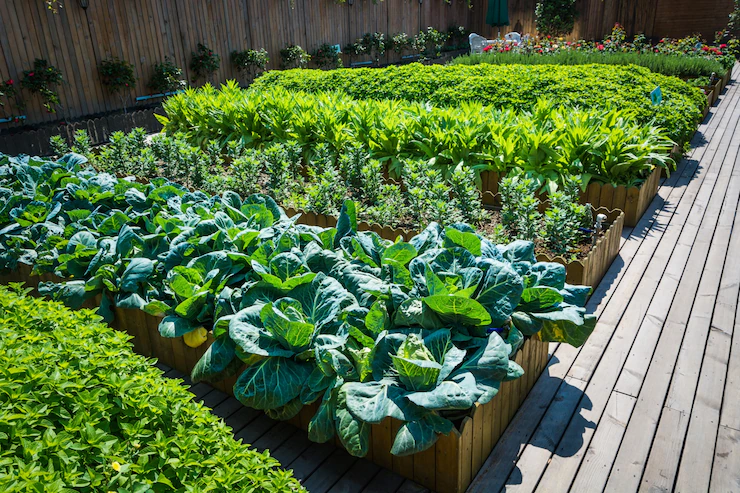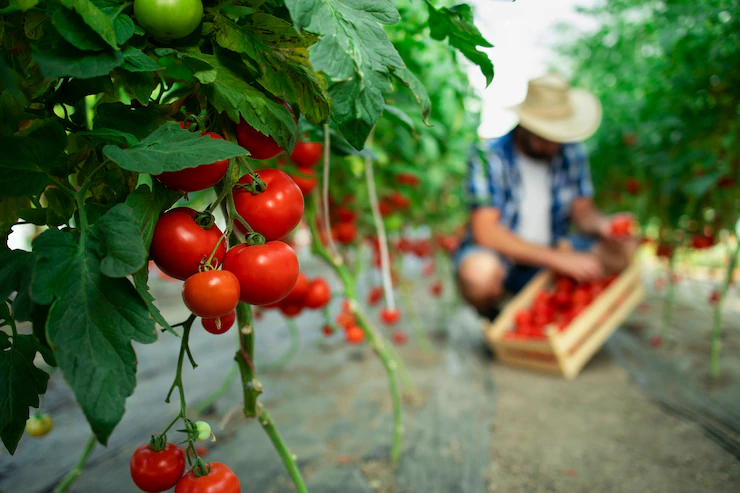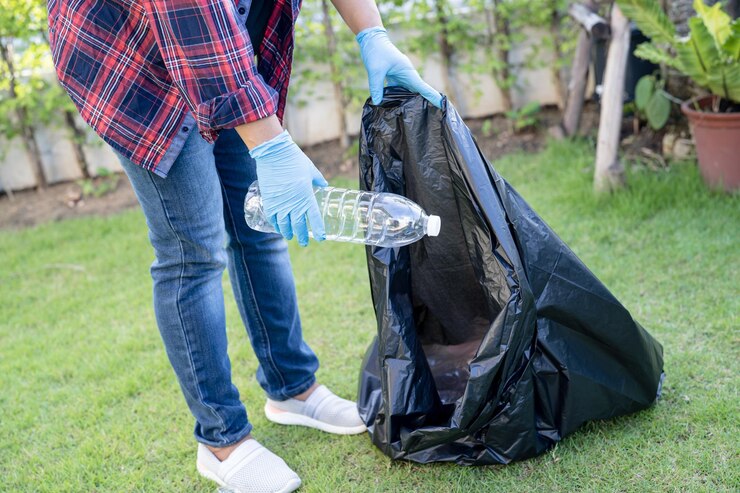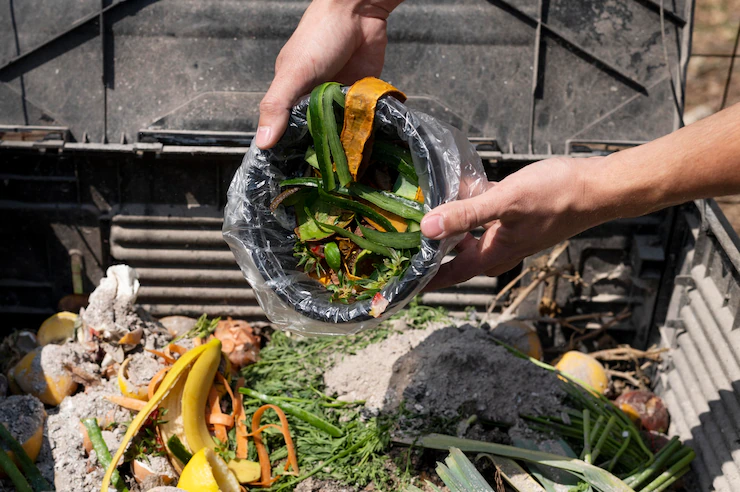5 Top Tips on How to Grow a Sustainable Garden

Sustainable gardening is not a novel practice but it’s since recently that it has gained popularity. This is mostly due to organic gardening getting momentum and the fact that people are becoming more aware of the negative impact of mass production and consumption.
Sustainable gardening offers everyone a chance to lower their footprint and contribute to environmental conservation.
The greatest advantage of sustainable gardening is that it allows your garden plants to provide benefits to each other, to re-seed themselves, and provide seeds that can be planted later. A sustainable garden essentially upkeeps itself with minimal human intervention and minimal use of natural resources.
Here are several useful tips to successfully grow your own sustainable garden.
Top 5 Ways To Grow A Sustainable Garden
1. Native Plants First
The first step in creating a sustainable garden is selecting the right plants. The best option is to plant those that are native to your region and climate.
These plants are already acclimated, drought-tolerant, pest-resistant, and will require minimal upkeep throughout their life cycle.

Also, these plants will provide advantages to your entire garden by improving soil quality, repelling pests, and boosting plant growth as companion plants.
Professionals also advise growing fewer annuals and more perennials and plants that are locally adapted, as well as water-wise edibles since these consume less water than thirsty plants.
Furthermore, make diverse choices in order to create a balanced ecosystem that can satisfy its own needs. This means mixing up pollinating flowers and hardy herbs that can be used both for cooking and medicinal purposes.
2. Growing Veggies
A patch of a vegetable garden in a sunny spot of your backyard will provide dual benefits – veggies can look just as beautiful as ornamental plants plus they yield food that’s free of any pesticides and nutrient-rich. It also allows you to reduce emissions of carbon and wasteful plastic packaging.

You can start off your veggie garden with several easy-to-grow plants, including pak choi, kale, spinach, courgettes, squashes, runner beans, and chard. With a few small containers of spices and herbs on your kitchen window, your dinners will be a celebration of nature and good taste!
3. How to Keep a Healthy Garden
A sustainable garden means a healthy environment both for plants and wildlife, as well as for yourself. So, to create such an environment you have to avoid synthetic chemicals and pesticides. These substances create enormous damage and have harmful effects.

When you use petrochemical pesticides to spray pests, toxic herbicides to kill off weeds, and inorganic fertilizers to feed your plants, you contaminate both the soil and underground waters.
In an eco-friendly system, this is simply not an option. However, there are plenty of organic options available for natural pest control, cultivating soil fertility, and stopping plant diseases.
4. Proper Green Waste Management
If you have a bigger backyard with lots of plants and trees, it may accumulate a lot of green waste throughout the year. After regular maintenance, there will be lots of leaves, twigs, greenery, grass clippings, and branches that will have to be managed properly.

There are several ways you can conduct green waste removal and it’s necessary to be done as accumulated waste not only looks unattractive, but can also attract various pests, and even be a potential fire hazard during dry summer months.
5. Composting
Every household creates food waste, even the greenest one, but the point is not to leave it in the garbage. The sustainable solution is composting. Over time, food waste decomposes and forms excellent food for your garden.

The easiest and quickest way to transform your organic waste into food for plants is by using a wormery for compost. This way, you can use leftovers from meals, veggie scrapings, eggshells, banana peels and so much more to feed the plants, instead of leaving all that organic waste in the landfills.
Reducing Water Consumption
One of the staples of sustainable gardening is reducing water consumption, and among the best ways to do it is by harvesting water. This will help reduce erosion, minimize your dependence on city water supplies and maximize water quantities necessary for healthy plant development. Make an effort to collect as much stormwater, rainwater, and greywater as possible.
Moreover, minimize the use of sprinklers and opt for soaker hoses or drip irrigation as they minimize evaporation. Also, use mulch in your garden beds as it helps retain soil moisture. A combination of several methods will enable you to have a healthy, thriving, and environmentally-friendly garden.
Having a sustainable garden is today a goal for many gardeners. They strive to have such green gardens since everyone is realizing how beneficial is to have your own garden that is filled with gorgeous plants and that helps the ecosystem.
Plus, such sustainable gardens help lower the impact of changes in the climate and support local wildlife. Keeping green gardens also costs less as it encourages the use of recycled and natural materials, and native plants, and it reduces the use of natural resources.
With the tips listed here, any gardener can easily build their own green garden with a bit of effort and love. Some are also looking for monster tree service franchise reviews to gain more knowledge and experience with their passion in making their garden look beautiful.
Additionals:











Leave A Reply